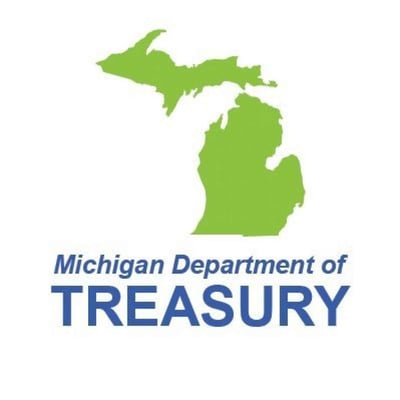
Scammers Don’t Take Summer Vacations
LANSING, Mich. – Now that it’s July and the beginning of summer, the Michigan Department of Treasury (Treasury) encourages Michiganders to remain alert for scammers impersonating tax officials through phone calls or emails – or even fake letters through the U.S. Postal Service.
In the summer, the state Treasury Department typically observes scams where criminals claim to be government officials and ask for cash through a wire transfer, prepaid debit card, or gift card. These scammers tend to make “urgent” and “aggressive” requests through robocalls, emails, or fake letters.
“Scammers don’t take summer vacations,” said Deputy Treasurer Glenn White, who oversees Treasury’s Revenue Services programs. “Taxpayers have rights. If you have questions about an outstanding state tax debt, please contact us through a verified number so we can talk about options.”
Scammers often alter their identity to portray themselves as the state Treasury Department, the Internal Revenue Service, or another government agency. They tend to use employee titles, a person’s name, address, and other personal information to seem official.
The state Treasury Department does not:
- Demand an immediate payment using a specific payment method, such as a prepaid debit card, gift card, or wire transfer. Generally, Treasury will first mail a bill to any taxpayer who owes taxes, outlining peaceful steps to be taken to resolve a debt.
- Threaten to immediately bring in local police or other law-enforcement groups to have the taxpayer arrested for not paying.
- Threaten to seize a taxpayer’s property ― including bank accounts, wages, business assets, cars, real estate, and cash ― if the debt is not settled.
- Demand that taxes be paid without giving the taxpayer the opportunity to question or appeal the amount owed.
- Ask for credit or debit card numbers over the phone or through email.
Taxpayers should hang up immediately if they receive a call from a scammer. Emails should be deleted immediately.
Individuals who have questions about their state debts should call Treasury’s Collections Service Center at 517-636-5265. A customer service representative can log the scam, verify outstanding state debts and provide flexible payment options.
To learn more about the state Treasury Department, go to www.Michigan.gov/Treasury or follow @MiTreasury on Twitter.












